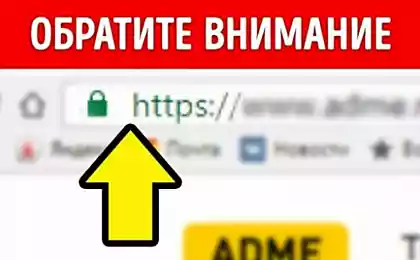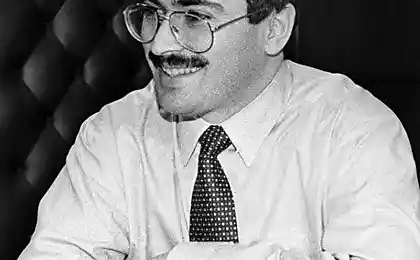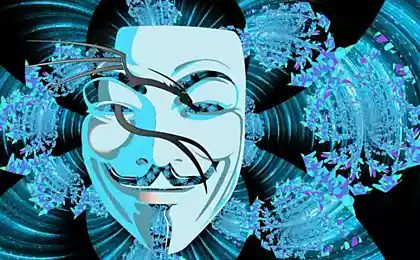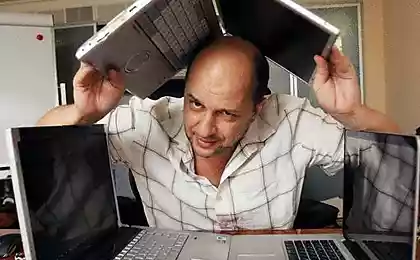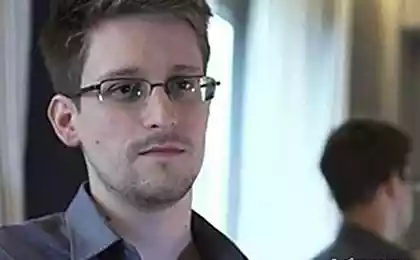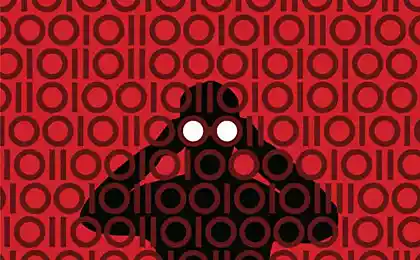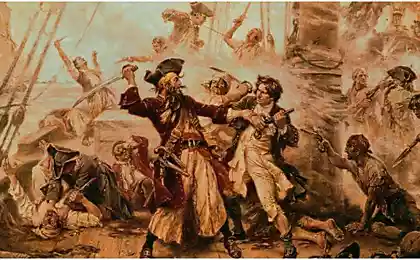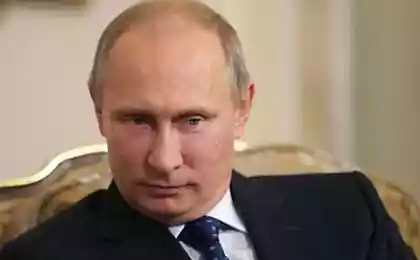193
A few revelations by Edward Snowden

Former U.S. intelligence official answers questions from editors
An interview in the style of the AMA (Ask Me Anything – ask me anything) with the participation of Edward Snowden added to the treasury of his biography with several revelations. Many questions concerned any skeptic topic: the intelligence of which country works informant about the activities of the National Security Agency of the United States. In the thread, several people answered at once: the authors of the Oscar-winning documentary Citizen Four Laura Poitras and Glenn Greenwald and the main character of the film. The AMA went great, except for a tiny hitch with a botched ban of Snowden's account and subsequent unlocking.
If Snowden had the opportunity to change something about his leaks about the NSA’s illegal wiretapping and the scale of the agency’s cyber-arms, he would have acted sooner. Snowden believes that in this case, the programs of special services would be less entrenched in the legal field, and abusers of their powers would not be accustomed to their current state. After the emergence of a new lever of influence from the state, it becomes many times more difficult to take it away. An example is Section 215 of the PATRIOT Act, which is supposed to help fight terrorism, but in reality did not prevent any terrorist attacks. Snowden urges readers not to let this happen in their countries of residence.
max_fisher: For Edward Snowden, Russian journalist Andrey Soldatov described your daily life as limited by the Russian state security services, which he claimed to control your circumstances in the country. Is that true?
Snowden: Good question, thank you.
The answer is, of course not. Note that in all of these articles, the accusations, in general, go to speculation and suspicion. There is no real evidence in any of them, the authors are just very sure that I am a Russian spy, and therefore it must be true.
And I understand them. I really do. No, seriously, I once taught “cyber counterintelligence” (that’s their term) at the Defense Intelligence Agency.
But if you look at it in general, how logical is it? If I were a Russian spy, why would I fly to Hong Kong? It was an unacceptable risk. And further: why give information to journalists at all, and what should be noted, so much and so important? Any value to Russia’s intelligence would be immediately undermined.
And if I were a Russian spy, why would I spend a month at the airport? Instead, I would have been waiting for a parade and a medal.
In reality, I spent so much time at this sworn airport because I didn’t want to go along with other people’s terms and nobody knew what to do with me. I refused to cooperate with Russian intelligence in any way then (if you’re interested, read my testimony to the EU Parliament) and nothing has changed so far.
I think my fame helped me. What can they do to me? If I show up in public with my fingers broken, it'll be clear. Snowden is sober about his future, suggesting he could be used as a bargaining chip in international politics. But he still prefers not to think about situations in which he can be traded, for example, for the lifting of sanctions.
The main participant of many leaks notes that it is necessary to raise the topic of espionage in the 2016 presidential election in the United States. Snowden says there is no reason to trust Putin when he says there are no surveillance programs in Russia. But this problem extends to all states. “You can’t change the laws in just one country, you have to enforce the rights around the world,” Snowden said.
Some questioners felt that little had changed in people’s minds since the NSA data was released, even though the leaks were a very big news event. But the respondents disagree with this view. Snowden believes the changes are imperceptible because much of it happens at the system-building level: Google now encrypts data transfers between data centers to prevent passive monitoring, Apple is introducing full encryption of its smartphones, and researchers around the world are looking for a solution to the metadata problem. Finally, there was awareness of wiretapping programs in broad circles. Until 2013, a statement of concern about these issues would only lead to perplexing views and a reputation as a conspiracy theorist. Today, almost everyone has heard about the activities of the special services.
Edward Snowden was a technical specialist at Booz Allen Hamilton, a consulting company that provides services to various US government defense and intelligence agencies. While working for American intelligence agencies, Snowden began to become disillusioned with their activities. In late 2012, he contacted Guardian journalist Glenn Greenwald under an anonymous alias. In the summer of 2013, Snowden fled to Hong Kong, handed over a number of classified documents to several publications, and revealed his identity. Snowden is now a refugee in Russia after a failed attempt to reach Brazil. The scale of the leaks is huge: they continue to this day, revealing more and more new methods of work of American special services.
Source: geektimes.ru/post/246368/


